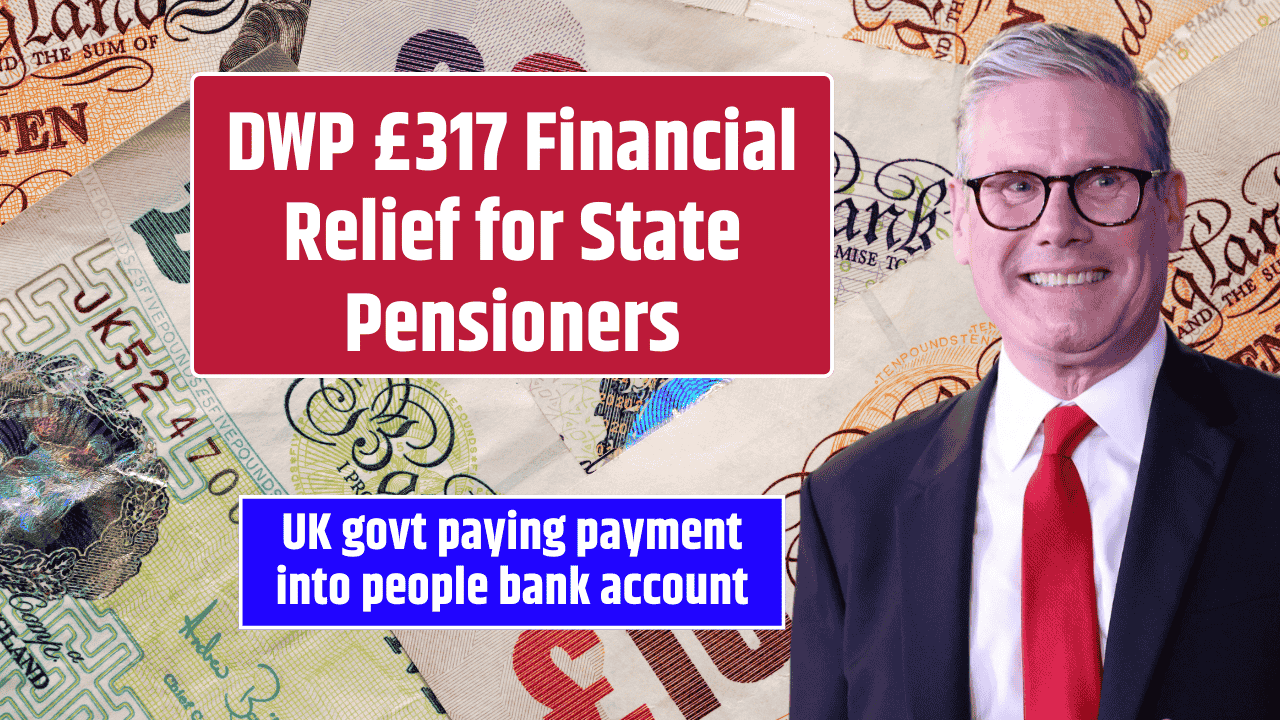The Department for Work and Pensions (DWP) has announced an early Universal Credit payment for some claimants because of the May Bank Holiday. People under 25 who were expecting their payment on Monday, May 26, will now receive it on Friday, May 23, with £317 expected to be directly paid into their bank accounts from midnight.
Why the Early Payment?
Since the upcoming Bank Holiday falls on a Monday, the DWP is adjusting its payment schedule to ensure claimants get their money on time. Payments are being moved forward to Friday to avoid delays caused by the public holiday. This change mainly affects under-25 claimants who were scheduled to receive their Universal Credit on May 26.
New Universal Credit Rates After April Increase
From April 7, Universal Credit and other DWP benefits rose by 1.7%. However, since benefits are paid in arrears, many claimants will not see the full increase until the next assessment period is completed.
Here are the updated monthly Universal Credit rates:
- Under-25 single claimant: £316.98 (up from £311.68)
- Under-25 joint claimants: £497.55 (up from £489.23)
- Over-25 single claimant: £400.14 (up from £393.45)
- Over-25 joint claimants: £628.09 (up from £617.60)
These changes aim to offer better financial support as living costs continue to rise across the UK.
How to Apply for Universal Credit
You can apply for Universal Credit online. The process starts by creating an online account. Once your account is created, you must complete and submit your claim within 28 days, or you’ll have to begin again. Your claim officially begins on the date you submit it.
If you live with a partner, both of you must create individual accounts and link them during the claim process. Universal Credit applications cannot be made individually if you’re living with a partner.
If you cannot use the internet, you can apply by calling the Universal Credit helpline and completing your claim over the phone.
Important Tips Before You Apply
If you’re already getting benefits like Tax Credits, Housing Benefit, or Income Support, think carefully before switching to Universal Credit. Once you apply, those old benefits will stop, and you might not be able to get them again—even if your Universal Credit claim is not approved.
Check your circumstances and seek advice to see if moving to Universal Credit is the right choice for you.
New Fair Repayment Rate for Debts
The Government is also introducing a “Fair Repayment Rate” for people who owe money and are repaying it through their Universal Credit. The new cap limits debt repayments to 15% of the standard allowance, instead of higher percentages used before.
This change is expected to help around 1.2 million households keep more of their benefits, making it easier to manage daily expenses.
The early payment of £317 to under-25 Universal Credit claimants ahead of the May Bank Holiday shows the Government’s effort to keep payments on track despite public holidays. With updated benefit rates and a new fair repayment rule, there’s better support in place for low-income households.
However, people thinking about applying should carefully review their situation, especially if they are already on other benefits, as switching could affect future entitlements. Whether you’re applying for the first time or already receiving Universal Credit, staying informed and planning ahead is essential to make the most of what’s available.
